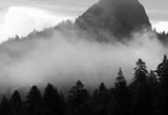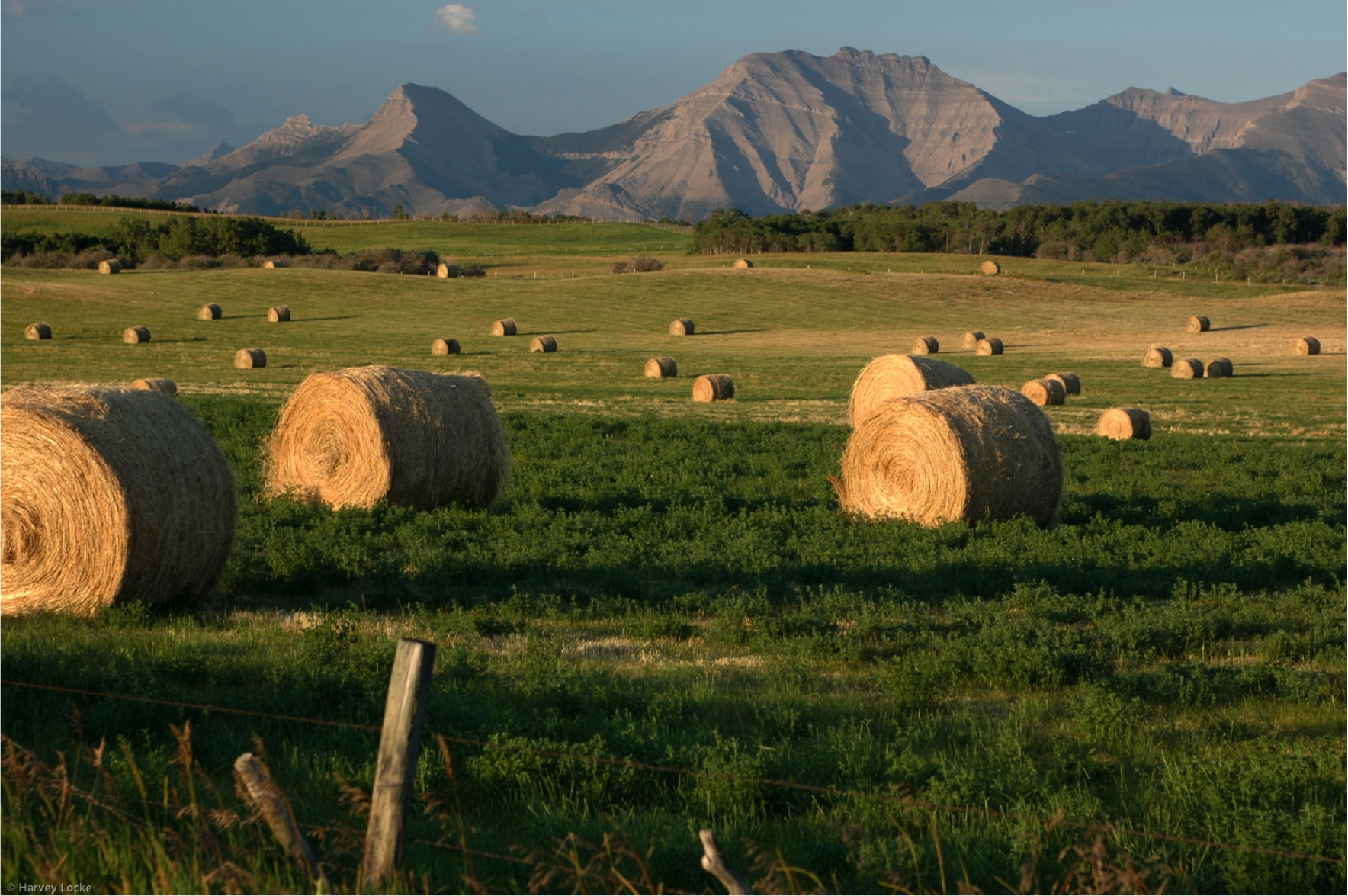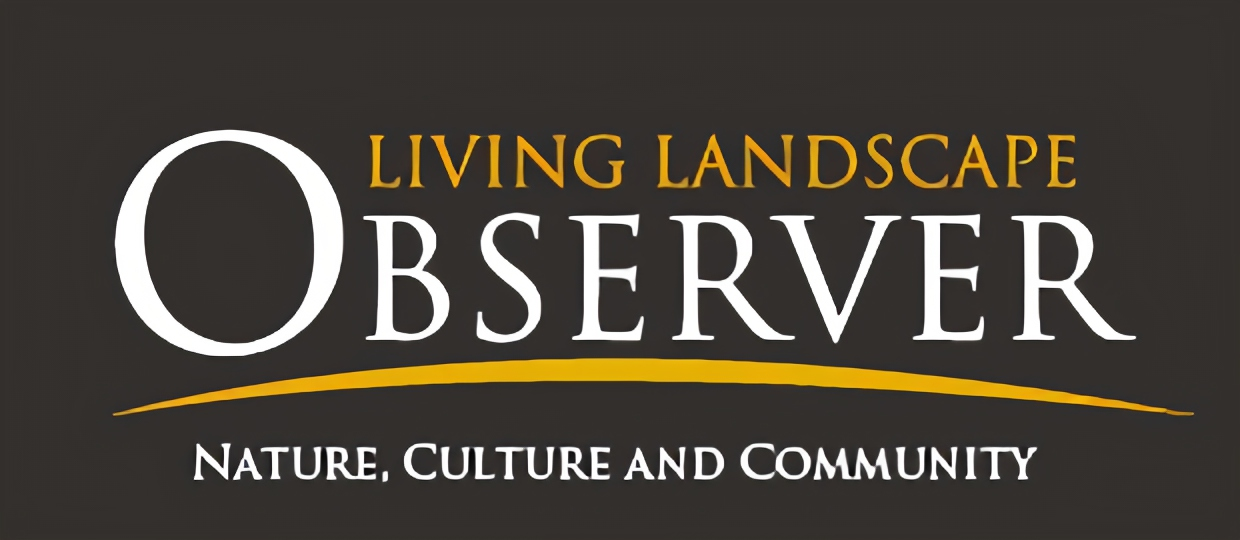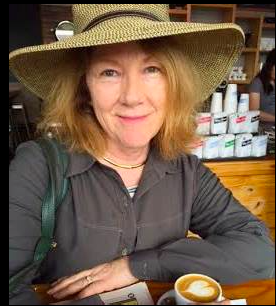To provide observations and information on the emerging fields of landscape scale conservation, heritage preservation, and sustainable community development.
Newsletter
Stay up-to-date with the latest nature, culture and community news.
We won’t spam you or share your information. Newsletters are sent approximately 10 times a year. Unsubscribe at any time.

National Academy releases report on Large Landscape Conservation
In November 2015 the National Academy of Sciences (NAS) released a report “An Evaluation of the Landscape Conservation Cooperatives”, which concluded that a landscape approach is needed to meet the nation’s conservation challenges and that the Landscape Conservation Cooperatives (LCCs) provide a framework for addressing that need. The NAS undertook the study pursuant to a Congressional directive to evaluate the LCC program.
Reading: The Science of Open Spaces
My late summer reading list included Charles Curtin’s book The Science of Open Spaces: Theory and Practice for Conserving Large Complex Systems (Island Press 2015). In so many ways this is the book I have been waiting for. As the title promises it tackles working on a landscape scale both on the ground, but also takes a deep scholarly dive into the theories that underpin this work – chaos, complexity and resilience to name just a few.

Why is Funding Large Landscape Work so Darn Hard?
The major land and water conservation challenges facing the nation require action on a scale that is large and multi-jurisdictional.The benefits of landscape connectivity are resilient habitats, essential ecosystem services and stronger cultural connections. Yet, generating and sustaining funding for efforts that seek to work on a landscape scale remain daunting. Why is this case and what might be done about it?

Large Landscape Conservation Conference: Read all about it!
Just out is “Expanding Horizons,” a report on the highlights of the National Workshop on Large Landscape Conservation (October 23-24, 2014). It includes information on pressing issues discussed at the conference including: ecosystem services, cultural heritage preservation, conservation in metropolitan regions and, of course, the overarching issue of climate change.

National Conference Celebrates Innovative Large Landscapes Programs
At the recent National Workshop on Large Landscape Conservation, attendees took time to celebrate the anniversaries of two ground-breaking large landscape projects – National Heritage Areas and the Yellowstone to Yukon Conservation Initiative.

National Academy releases report on Large Landscape Conservation
In November 2015 the National Academy of Sciences (NAS) released a report “An Evaluation of the Landscape Conservation Cooperatives”, which concluded that a landscape approach is needed to meet the nation’s conservation challenges and that the Landscape Conservation Cooperatives (LCCs) provide a framework for addressing that need. The NAS undertook the study pursuant to a Congressional directive to evaluate the LCC program.
Reading: The Science of Open Spaces
My late summer reading list included Charles Curtin’s book The Science of Open Spaces: Theory and Practice for Conserving Large Complex Systems (Island Press 2015). In so many ways this is the book I have been waiting for. As the title promises it tackles working on a landscape scale both on the ground, but also takes a deep scholarly dive into the theories that underpin this work – chaos, complexity and resilience to name just a few.

Why is Funding Large Landscape Work so Darn Hard?
The major land and water conservation challenges facing the nation require action on a scale that is large and multi-jurisdictional.The benefits of landscape connectivity are resilient habitats, essential ecosystem services and stronger cultural connections. Yet, generating and sustaining funding for efforts that seek to work on a landscape scale remain daunting. Why is this case and what might be done about it?

Large Landscape Conservation Conference: Read all about it!
Just out is “Expanding Horizons,” a report on the highlights of the National Workshop on Large Landscape Conservation (October 23-24, 2014). It includes information on pressing issues discussed at the conference including: ecosystem services, cultural heritage preservation, conservation in metropolitan regions and, of course, the overarching issue of climate change.

National Conference Celebrates Innovative Large Landscapes Programs
At the recent National Workshop on Large Landscape Conservation, attendees took time to celebrate the anniversaries of two ground-breaking large landscape projects – National Heritage Areas and the Yellowstone to Yukon Conservation Initiative.


